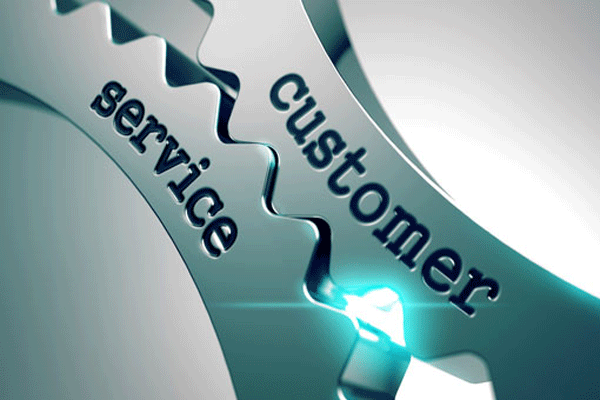
Companies and individuals should appreciate the strategic importance of the customer experience in both their thinking and practice, which has grown to be the differentiator, an advantage that is very difficult to imitate.
marketing insights with TABANI MOYO
The essence of building an exceptional customer experience is not a short-term process, which can be achieved overnight. It is a structured and strategic approach, which requires the business to operate as oiled machinery responding to the customer needs better than any competing force.
There are generally four basic hygiene factors that must be deliberately attended to before the organisation can start implementing the customer experience approaches in serving the customer and/or its stakeholders.
Cross-functional collaboration
Companies and institutions around the world are finding it a daunting task to operate as an oiled or integrated unit. The work culture in the bulk of the organisations is still much built around the functional silos. I remember one of these days getting into a retail shop and buying some foodstuffs that were undercooked. When I asked the customer relations person why they were serving such terrible meals, her response was, “… these production guys do not listen when we tell them to inspect the food before its served… can I give you back your money?” With such a compartmentalised approach, building a customer experience will be a pipedream!
Education
Intertwined to the above challenge is the lack of structured internal education programmes aimed at delivering customer experience. In most of the cases, the bulk of companies think they know what customer experience is all about, yet they share generalisations on the subject matter, which leads to the employees delivering a confusing experience to the customers.
- Chamisa under fire over US$120K donation
- Mavhunga puts DeMbare into Chibuku quarterfinals
- Pension funds bet on Cabora Bassa oilfields
- Councils defy govt fire tender directive
Keep Reading
Simplicity
The bulk of the businesses we have worked with on designing a customer experience framework, have proven to be overly complicated in their processes and culture, which leads to the same complexity being transferred to the customer. This calls for the businesses to be wired in a way that makes it easy for them to see things from the customer’s perspective. In the case of the retail experience, I was seeing things from poor quality point of view while the customer service person was stuck in the compartments that define their business.
Focus
Businesses that are geared for delivering an exceptional experience are focused on the long-term strategy. This requires building the dimensional customer centric long-term strategy, which by its nature, requires patience to start measuring the results. Delivering an exceptional customer experience will not happen in the short-run.
Having noted the above hygiene factors, which when addressed will create a conducive environment on which building a customer experience strategy will be established, it is equally critical to note that the bulk of the companies are unaware on the type of experience that they want to create. This leads to the last three categories of experiences that define the customer experience notably:
Random experiences
The bulk of the companies as we know them today fall in this category that deliver sporadic experiences. The customer is never sure at any given time of what type of experience to expect when they engage the company. Surprisingly, the companies focus on employees doing a “lot of stuff” in tasks and products, rather than taking a customer perspective in measuring their impact. In such companies you find “very busy people” but of little impact in delivering value to the customer.
Intentional experiences
When the company appreciates the essence of delivering the experience to customers, but doing so on a short-term basis, they start appreciating the necessity of giving employees space to think of customers in everything they do and fix problems with speed when they appear. Cross-functional teams start sharing departmental information from a shared vision perspective.
Differentiated experience
This is the ultimate approach towards delivering an exceptional customer experience. The companies in this category are few. This is because they recognise everything they do differentiates them from competing forces. Companies like Econet in their early stages used to be modelled in this category. Everyone in the business has the ability to think and act in the interest of the customer! When such evolution happens, that’s when you see a company like Apple that has created great brands has people sleeping in the cold, freezing in the queues all night just to be the first to buy its new and innovative offerings when the company opens its doors after product launch.
*Tabani Moyo is a chartered marketer, brand and communications strategist based in Harare. He can be contacted at [email protected] or [email protected] (MBA, Chartered Postgrad Diploma, BBA Marketing, BA Media Studies, Dip Journalism & Dip Marketing)
This article was contributed on behalf the Marketers Association of Zimbabwe, a leading body of marketing professionals promoting professionalism to the highest standards for the benefit of the industry and the economy at large. For any further information kindly contact [email protected] or visit the website on www.maz.co.zw











